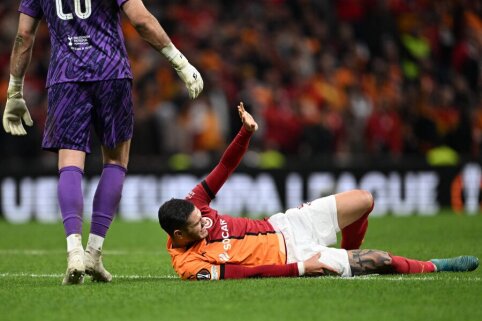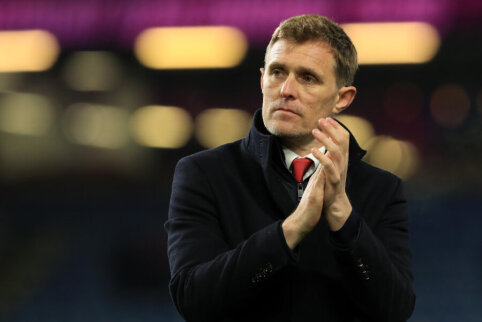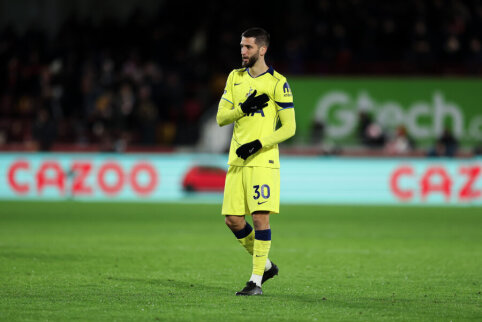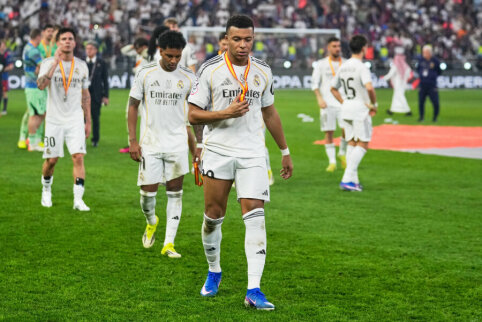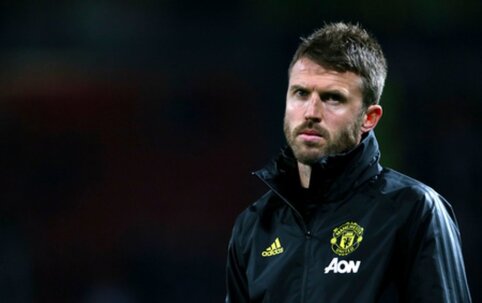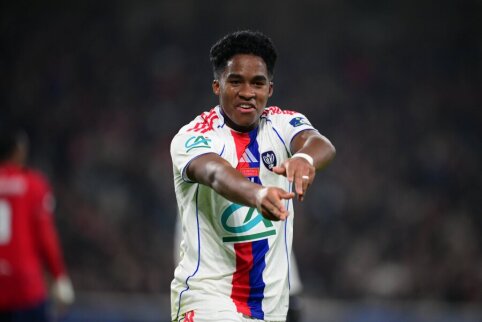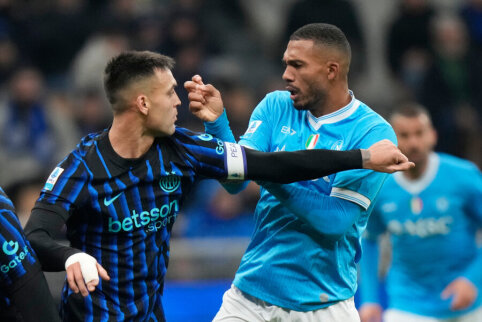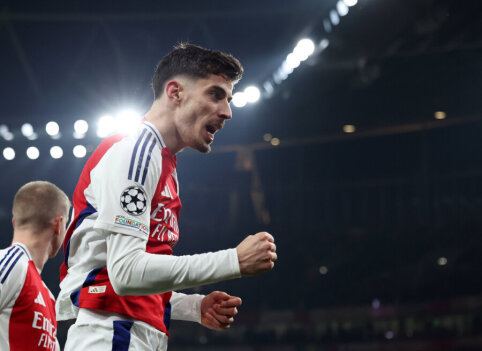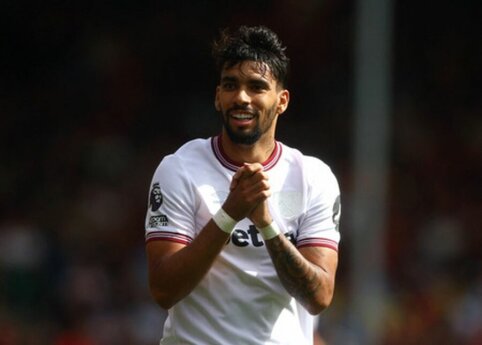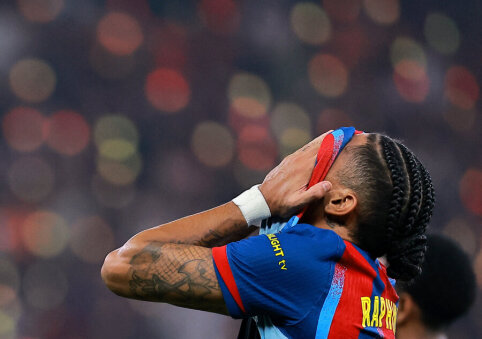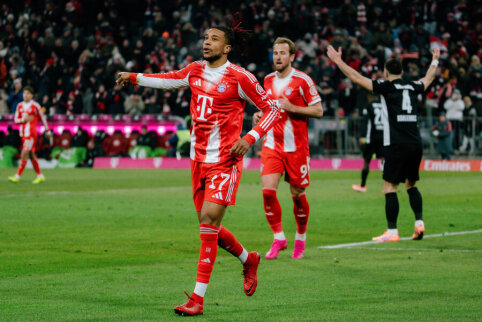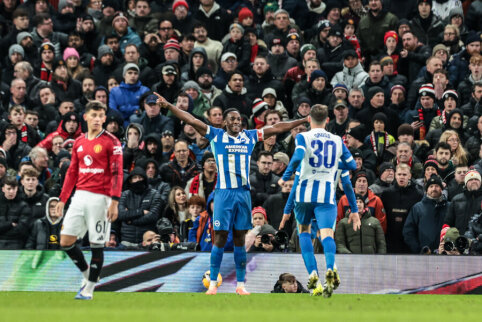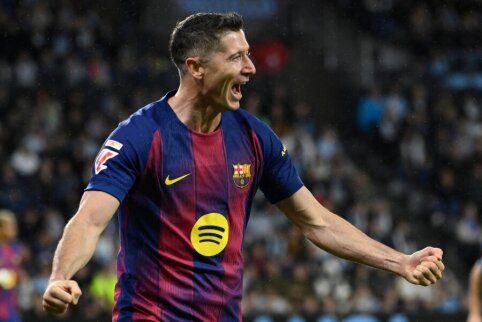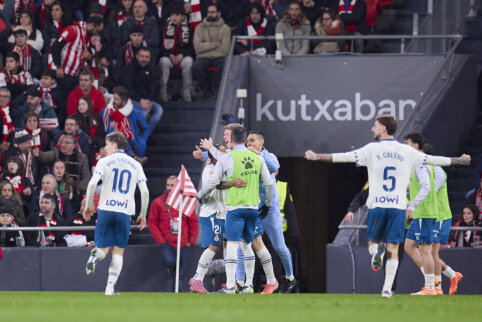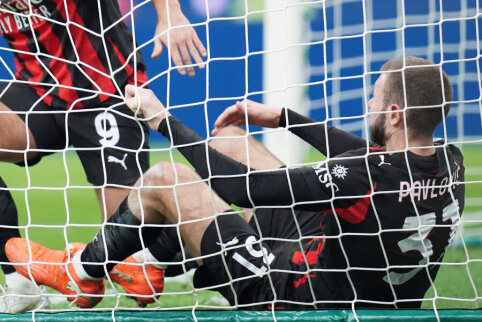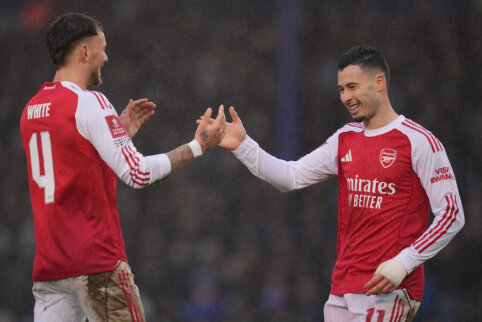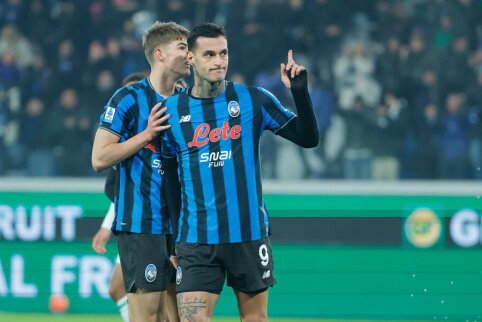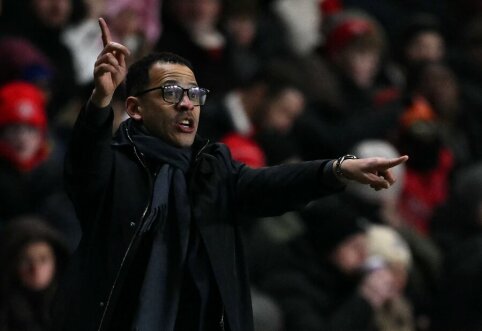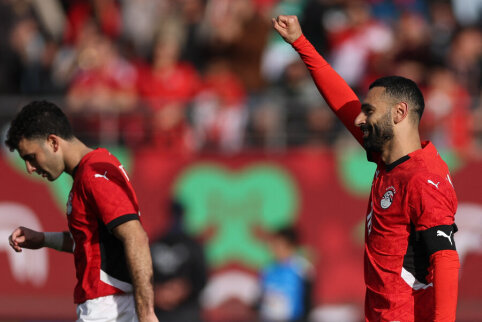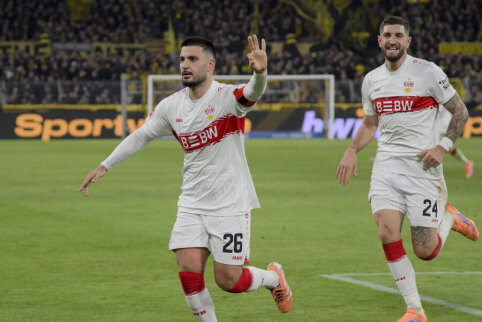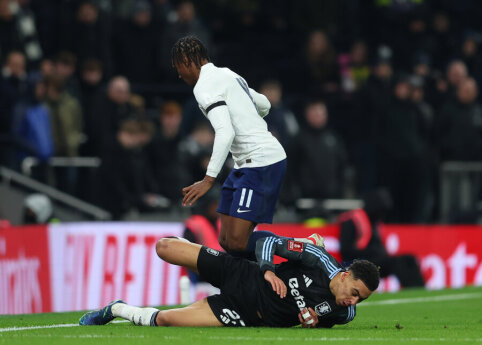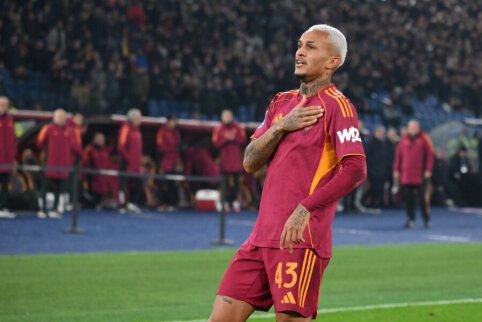 © EuroFootball.com
© EuroFootball.com
We offer "EuroFootball.com" visitors an article from the prestigious "Financial Times" publication about London's "Chelsea" forward Fernando Torres. It was written before the Spaniard scored two goals against "Leicester" in the FA Cup tournament. Fernando Torres experienced what every professional athlete fears - a catastrophic drop in his athletic form for inexplicable reasons. This is one example that begs the question: why does this happen to top-class athletes and what are the possible ways to solve the problem? The forward from Spain was acquired by London in January 2011 for a record-breaking sum of 58 million euros. The former "Liverpool" leader moved to a massive club where he was expected to score goals. One match passed, two, three, four - no goals. Five, six - still nothing. It seems that with each new match day, the goal frame shrinks more and more. Then the coach comes and says that he completely trusts him, which only worsens things - it indirectly confirms that you are playing tragically. You go to the opponent's stadium, and the local fans chant: "What a waste of money!" It's sad, but you understand the validity of their arguments. "Then your own fans start grumbling, and you realize that they are also right. They become the voice of your conscience. You don't want to leave home to have a drink, let alone spend the evening in a bar. You simply fear what people might say to you, or the looks that might come your way: scornful, or even worse - full of pity. You hide outside the field, but you don't want to be seen in the matches - you avoid asking for the ball, stay on the fringes, don't want to find yourself in a good position to score a goal because you're afraid you might miss the chance. Even your mom calls and asks: "Hi, how are you? Is everything okay?" And you understand that she knows everything too..." These are not Torres' words. This is not him - the terror of opponents from Spain, becoming the most expensive player in the history of the English Premier League, who only managed to score five goals in a year. The team did not win any trophies during that time, and Fernando became the embodiment of failure in sports. No, Torres is not inclined to talk at the moment - that's what his agent told me. The quoted person is Michael Robinson, a retired player turned sports commentator, who knows the Spaniard and understands what this difficult period means. Robinson remembers how he was acquired by the "Liverpool" club in 1983 for the then impressive sum of 250 thousand pounds sterling. His job was the same - to score goals, but he failed to do so for eight matches in a row. Even though he wasn't always in the starting lineup, he scored, and later again and again, and the Liverpool team won the double: the English championship and the European Cup. Torres did not achieve such success. Nothing like this has ever happened to him in his career. After turning eleven, "El Nino" signed a contract with Madrid's "Atletico", and made his debut in the main team at the age of 17. The forward, who matured earlier than his peers, became captain after a couple of seasons and debuted in the Spanish national team. This happened in 2003. Four years later, he was acquired by "Liverpool". Adapting perfectly to the different style of football, he soon became the epitome of a versatile forward: tall, flexible, elegant, fast as lightning, excellent in the air, finding the best position for himself and deadly in front of goal with both feet. In June 2008, his precise strike determined Spain's victory in the European Championship final against Germany. In January 2011, he left "Liverpool" and went to "Chelsea". Since then, the chant "What a waste of money!" follows him to every stadium. Newspapers scream: "Worst deal ever!" and almost daily remind how many thousands of minutes Fernando has not scored a goal. "Chelsea" fans still support him, and the Spaniard calls it his main motivation to finally find his game. But it is also an obstacle. And coach Andre Villas Boas' words do not promise anything good: "We still believe. But he needs time." Michael Robinson, now a popular sports analyst in Spain, tried to imagine what such a situation feels like: "Whatever I have experienced, he probably feels a hundred times worse. Poor guy." The situation started deteriorating after Torres underwent knee surgery in January 2010. Not fully recovered from the injury, he rushed onto the field at the World Cup in South Africa, where he went as one of the best forwards on the planet. Expectations were high: Fernando could become one of the brightest stars of the tournament. But he did not. He failed to score goals, and his performances on the field were dismal. In the final, which Spain won, he came on as a substitute and soon suffered a groin injury. After the match, hobbling, he celebrated the victory, but there was a blank smile on his face. He, like all the world's fans, understood: Spain won, but not because of him, but because they found someone to replace him. The first half of the 2010-2011 season was not good for Torres, but he managed to maintain his reputation so much that Chelsea decided to pay not only an impressive sum, but also commit to a 12 million euro annual salary. That sum is very close to Lionel Messi and Cristiano Ronaldo: the best footballers on the planet. So one Torres goal for Chelsea costs about 2.4 million euros. 5 goals in London, to put it mildly, do not compare to 20 goals in Liverpool - that was the average for the season. One moment particularly stuck with fans and viewers, illustrating the situation. It happened in September when Chelsea played against Man Utd. At that time, the Manchester team led 3-1, but the visitors played well and certainly did not give up hope of fighting for points. Torres received a great pass and, leaping in front of the goalkeeper, tried to score in his usual style. The goal was wide open. But that inaccurate shot was extremely terrible and inexplicable. When it was time to finish, the ball skimmed at least three feet wide of the post. Torres immediately understood how much joy this episode would bring to the world. He knelt on the ground and buried his head in the grass. Man Utd fans burst into laughter.
Special reprint from the "Financial Times"
